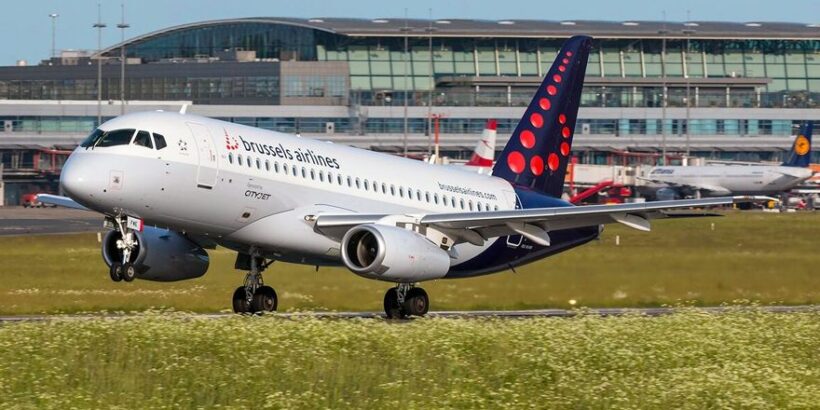Amendments to the Air Code of the Russian Federation have come into force in Russia, authorising the leasing of aircraft from one airline to another together with pilots and cabin crew – wet leasing. The Federal Law amending the Air Code (No. 289-FZ) was signed by President Vladimir Putin on 8 August 2024. The provisions of the law relating to wet leasing came into force on 1 September. According to the amendments to the Air Code, ‘wet leasing’ is possible only for flights on domestic airlines.
‘Under a contract of lease (time charter) of a civil aircraft with crew, one party (lessor) for a fee and for a certain period of time provides the other party (lessee) with a civil aircraft for use, as well as renders the services of crew members for domestic air transport of passengers, baggage, cargo and mail,’ the law says.
The wet leasing provision also addresses the issue of liability in case of incidents. Before its adoption, it was possible to lease an aircraft, but it was not legally determined who was liable in case of aircraft breakdown or flight delay. Now this issue has been regulated, which increases legal certainty for all market participants.
The amendments to the Air Code open up new opportunities for the development of the Russian aviation industry. Airlines will be able to manage their fleet more flexibly by adding capacity during the peak season. For example, an airline experiencing a shortage of aircraft in the high season can lease an aircraft with crew from another company and return it in the low season.
The introduction of wet leasing was initiated by Aeroflot and S7 Airlines (Sibir Airlines). This business model allows the transferring party to reduce commercial management costs and labour costs without reducing staff, and to retain ownership of the aircraft. For the lessee, it is an opportunity to expand its fleet, opening new destinations and meeting growing passenger traffic.
Wet leasing is actively used in international aviation practice. For example, in 2017, three Superjet 100 aircraft were wet leased to the Belgian airline Brussels Airlines by the Irish airline CityJet. This will enable Brussels Airlines to replace its ageing Avro RJ100 regional jets and expand its route network to London City Airport.
Amendments to the Air Code regulating the procedure for leasing aircraft are expected to provide an additional incentive for the development of the Russian aviation industry. Wet leasing creates new opportunities for optimising airlines’ business processes, increasing flexibility and efficiency in the use of aircraft fleet and production resources.


